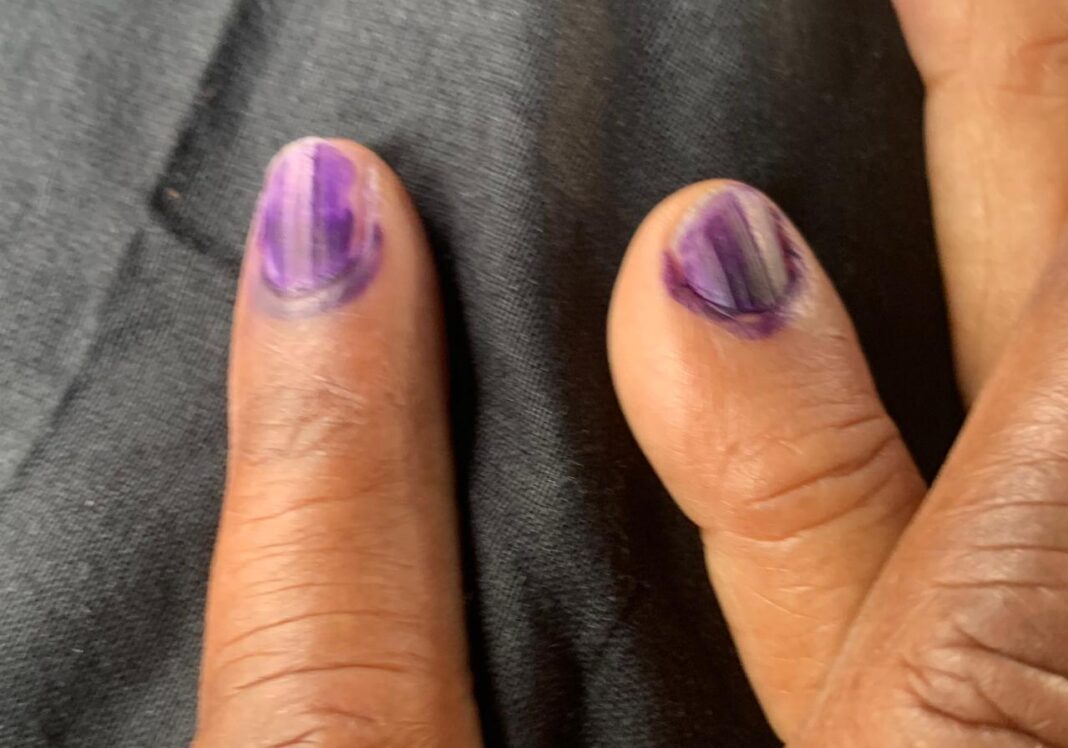Both parties obtained the highest number of seats in a majority of councils but failed to claim absolute power in a large number of them, as the collective strength of all other parties in those councils exceeded their strength.
For instance, the NPP has got the highest number of seats in 267 councils, including in the Elpitiya Pradeshiya Sabha election held On October 26 last year, but failed to secure an absolute majority in 134 councils, including the Colombo Municipal Council, the largest LG body in the country.
In 2018, the SLPP resolved the issue soon by politically bribing the smaller parties in the councils where it could not claim absolute majority. The NPP which claims that it stands for an ethical political culture in the country cannot resort to such actions. However, the General Secretary of the Janatha Vimukthi Peramuna (JVP), the core party of the NPP coalition, stated that they would capture power of those councils where they could not secure an absolute majority, with the help of independent groups that have won seats in those councils.
Meanwhile, some other political parties, such as the Samagi Jana Balawegaya (SJB) and the Sarwajana Balaya (SB) claim they would institute administrations in the councils where NPP has failed to secure absolute majority, forming coalitions with non-NPP parties and groups.
In how many councils the NPP or other parties would be successful in this regard before June 2, the date stipulated by the local government minister for the first meeting of the new local government bodies, is not clear.
This is the second LG election – the first to have been held after 2018, subsequent to the mixed electoral system introduced for the LG elections. Instability in councils due to the largest party failing to secure an absolute majority has been experienced in both times, indicating it to be the hallmark of the mixed electoral system. The system was a result of deliberation among political parties including two Parliamentary select committees, over a period of a decade.
The instability issue was felt so seriously by the electorate at the very first experimental election in 2018 that even Mahinda Rajapaksa, the leader of the SLPP that took control of 231 out of 340 councils, suggested amending the local government elections Act. The then President Maithripala Sirisena too, suggested amending the law, citing that the new system has doubled the number of members of the councils. However, other political developments eclipsed the matter until the next election approached.
In October, 2022, President Ranil Wickremesinghe suggested to downsize the councils during a meeting with professionals. However, Opposition parties rejected the suggestion, on the grounds that the president wanted to postpone the LG elections as the vote bank of his party, the United National Party (UNP) was drastically eroded then. Proving their argument right Wickremesinghe, then repeatedly made several other veiled attempts to defer the LG elections one of which was ruled by the Supreme Court in 2024 as violation of fundamental rights of the people.
One of these two major issues in the mixed electoral system for the local government bodies – the number of councilors – was addressed in 2023 by the Delimitation Committee head by former chairman of the Election Commission Mahinda Deshapriya in April 2023, reducing the number of councilors from over 8000 to 4714. However, the indefinite postponement of elections by the Wickremesinghe government and other procedural matters hindered its implementation.
The country would encounter the same issues when the provincial council elections are held in future, as the mixed electoral system has been introduced to those elections as well in 2017, through a highly controversial amendment to the Provincial Councils Elections Act.
Needless to say, instability in local government bodies would lead to corruption and oversized councils will result in a huge wastage of public funds. The NPP, whose election campaign centered around eliminating corruption and waste cannot be blind to these issues.
